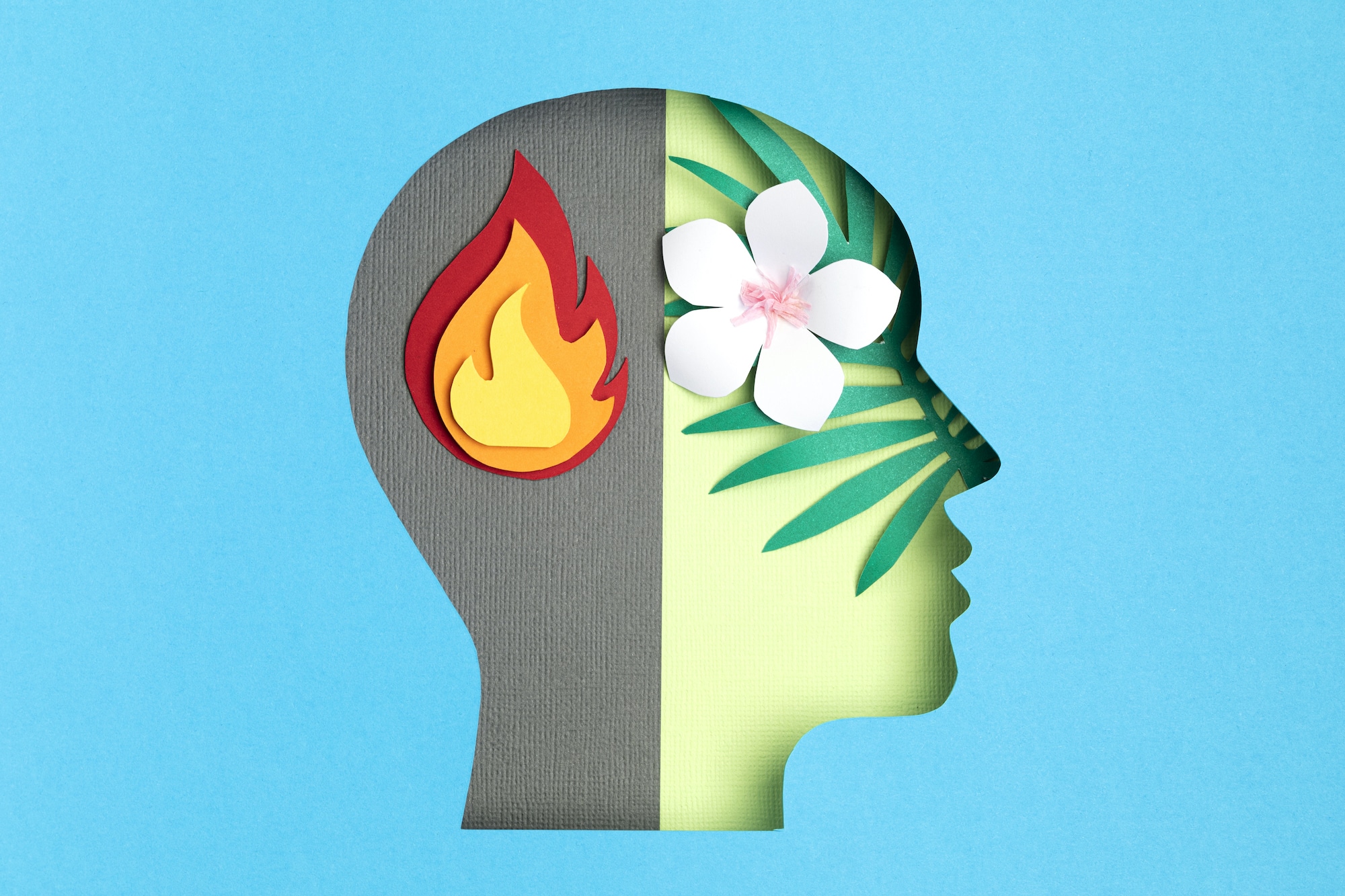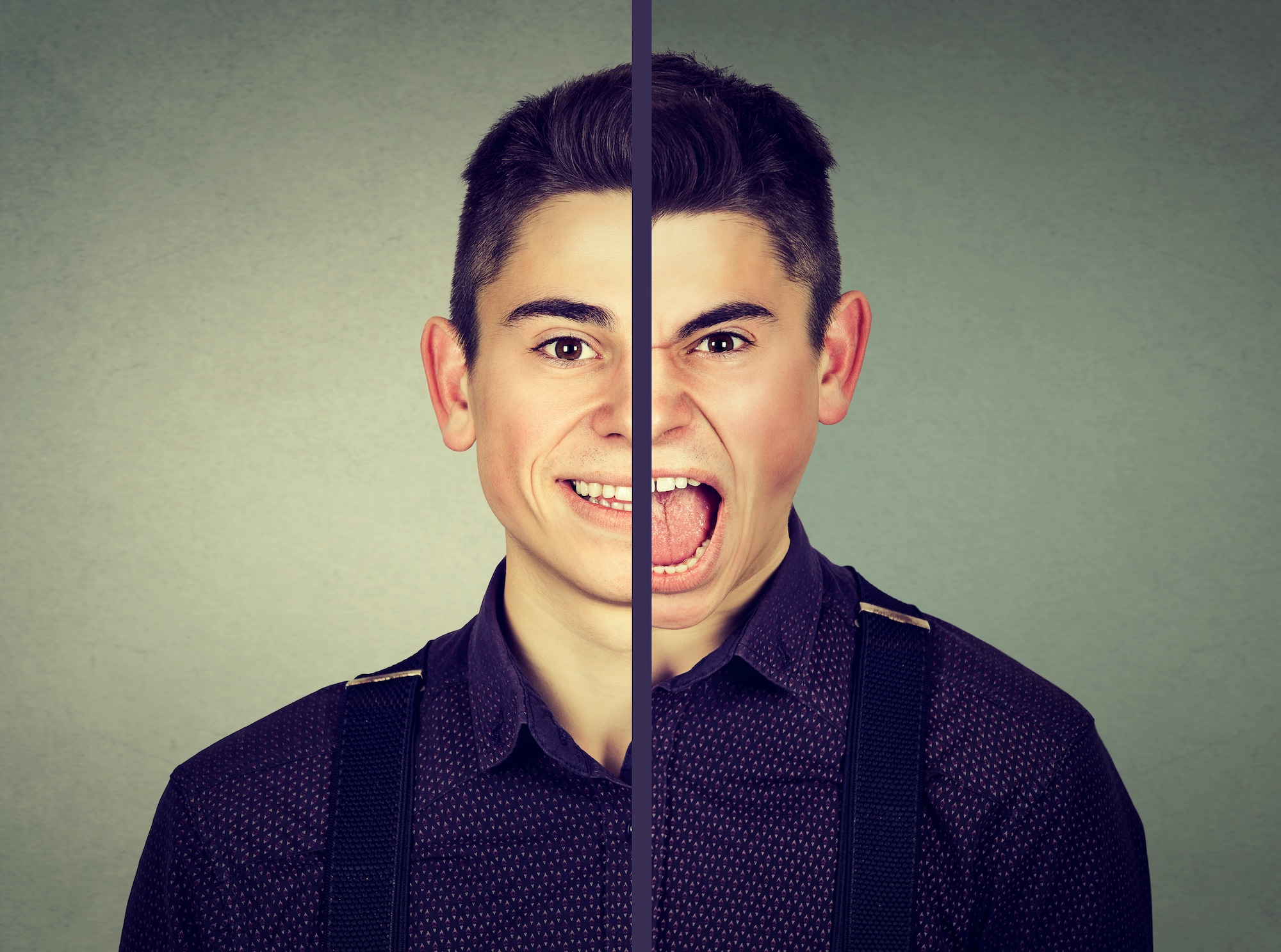The intersection of bipolar disorder and alcohol abuse is a complex and challenging issue affecting millions worldwide. This blog post aims to shed light on the intricate relationship between bipolar and alcohol abuse, exploring the genetic, environmental, and behavioral factors contributing to their co-occurrence. By understanding the connection between bipolar disorder and alcohol abuse, we can better support those struggling with both conditions and work towards more effective treatment and recovery strategies for bipolar and alcohol abuse co-occurring disorders.

What is Bipolar Disorder?
Bipolar disorder, also known as bipolar affective disorder, is a mental health condition and mood disorder characterized by extreme mood swings and profoundly impacts the lives of those affected by it. The disorder can manifest in various forms, including severe bipolar disorder or a major depressive episode, with each individual experiencing unique challenges and symptoms related to mental disorders, including mood disorder and mental illness.
A psychiatrist or licensed mental health professional, following the guidelines of the American Psychiatric Association, uses the DSM-5-TR to diagnose bipolar disorder by assessing a person’s symptoms and history.
Symptoms and Types of Bipolar Disorder
Bipolar disorder symptoms, also known as bipolar symptoms, can range from episodes of intense mania to severe depression, with varying degrees of severity and duration. It is essential to recognize that diagnosing bipolar disorder is not a one-size-fits-all test, as different types of the disorder present with distinct symptoms.
Bipolar I disorder involves severe manic episodes accompanied by frequent episodes of depression and significant impairment in daily functioning. In contrast, bipolar II disorder is characterized by episodes of depression and hypomania, with depressive episodes occurring more often and lasting longer than hypomanic episodes.
Bipolar I vs. Bipolar II
While both types of bipolar disorder involve mood swings, the severity and duration of these episodes can differ significantly between bipolar I and bipolar II disorders. Individuals with bipolar I disorder experience severe manic episodes that can significantly impact their daily lives. In contrast, those with bipolar II disorder face milder hypomanic episodes and more frequent depressive episodes.
Comprehending the differences between bipolar I and bipolar II disorders informs each individual’s most appropriate treatment strategies. Regardless of the type of bipolar disorder, it is essential to seek professional help to manage symptoms and prevent complications associated with bipolar disorder and potential co-occurring substance abuse.
Delving into Alcohol Abuse

Alcohol abuse, a form of substance abuse, refers to the excessive and harmful consumption of alcohol, such as drinking alcohol excessively, that can lead to a variety of health issues, including:
Recognizing the potential dangers of alcohol use disorder and seeking help when struggling with this issue is crucial.
One of the most significant challenges of alcohol use disorder is the development of alcohol use disorder (AUD), a chronic relapsing brain disorder characterized by an impaired ability to stop or control alcohol use despite adverse social, occupational, or health consequences. The co-occurrence of bipolar disorder and AUD can further complicate diagnosis and treatment, making it essential to address both conditions simultaneously.
Defining Alcohol Use Disorder (AUD)
AUD is a complex and multifaceted disorder that affects millions of individuals worldwide. To diagnose AUD, a medical or mental health professional will conduct a thorough assessment, exploring a person’s psychological and physical health history, as well as gathering information about their past and current behavior with alcohol and other substances in a professional manner.
A comprehensive approach to diagnosis helps identify the most effective treatment options for individuals struggling with AUD. It is also important to recognize the potential for AUD to co-occur with other mental health disorders, such as bipolar disorder, which can further complicate the diagnosis and treatment process.
Symptoms and Impact of Alcohol Abuse
The symptoms of alcohol use disorder can be wide-ranging and vary from person to person. Still, some common indications may include increased tolerance, withdrawal symptoms, and adverse effects on personal and professional life. The consequences of alcohol use disorder can be severe, encompassing physical and mental health issues, financial difficulties, strained relationships, and legal ramifications.
Recognizing the signs of alcohol abuse and seeking help as early as possible is crucial to mitigate negative consequences and improve overall well-being. Understanding the signs is particularly important for individuals with co-occurring conditions like bipolar disorder, as the combination of both conditions can exacerbate symptoms and lead to more complex treatment challenges.

How Are Alcohol Addiction And Bipolar Disorder Connected?
The connection between bipolar disorder and alcohol abuse is a complex and multifaceted issue involving genetic, environmental, and behavioral components. For individuals with bipolar disorder, excessive drinking can exacerbate symptoms and lead to more severe and frequent mood swings, as well as an increased risk of complications and challenges in treatment.
To develop effective treatment strategies and support for those struggling with substance abuse and a mental health disorder, understanding the intricate relationship between these two conditions is paramount. In the following sections, we will delve deeper into:
The Dual Diagnosis Dilemma
Dual diagnosis refers to the co-occurrence of bipolar disorder and alcohol abuse, which can complicate the diagnosis and treatment process for both conditions. When an individual struggles with bipolar disorder and alcohol abuse, it is essential to address both conditions simultaneously to achieve the most effective treatment outcomes and reduce the risk of relapse.
Though navigating the complexities of dual diagnosis can be challenging, individuals can work towards recovery and improved well-being with the help of mental health professionals specializing in treating both disorders. Treatment plans must be tailored to the unique needs of each individual, taking into account the specific challenges and considerations presented by the co-occurrence of bipolar disorder and alcohol abuse.
Genetic and Environmental Factors
Genetic and environmental factors play a role in developing bipolar disorder and alcohol abuse. Research has shown that individuals with a family history of bipolar disorder are at an increased risk of developing the condition and a heightened risk of alcohol abuse. Environmental factors like stress and trauma can also be a risk factor for a person to develop bipolar disorder and substance abuse, further complicating the relationship between bipolar disorder and alcohol abuse.
To develop targeted prevention and intervention strategies, understanding the genetic and environmental factors contributing to the co-occurrence of bipolar disorder and alcohol abuse is crucial. Recognizing and addressing these factors can help individuals at risk of developing both conditions access the support and resources necessary for maintaining mental health and well-being.
The Role of Coping Mechanisms and Reckless Behavior
Individuals with bipolar disorder may turn to alcohol as a coping mechanism to manage their symptoms, particularly during manic episodes. This self-medication can further exacerbate the symptoms of bipolar disorder and increase the risk of alcohol abuse. Additionally, individuals with bipolar disorder may be more prone to engaging in reckless behavior, such as:
These behaviors can lead to further complications and challenges in treatment. Individuals with bipolar disorder must seek appropriate treatment and support to manage their symptoms and avoid harmful behaviors.
It’s important to recognize and address these maladaptive coping mechanisms and behaviors to develop effective treatment strategies for individuals with co-occurring bipolar disorder and alcohol abuse. Individuals can work toward recovery and improved well-being by focusing on healthier coping strategies and addressing the underlying issues contributing to reckless behavior.
Risks and Complications of Co-Occurrence
Co-occurring bipolar disorder and alcohol abuse can increase risks and complications for individuals struggling with both conditions. The combination of these two conditions can result in amplified mood and energy levels, leading to a more challenging treatment process. Furthermore, co-occurring disorders can increase the risk of suicide, making it essential to address both conditions in treatment.
It’s crucial to understand the risks and complications associated with co-occurring bipolar disorder and alcohol abuse. In the following sections, we will explore the various factors contributing to these risks and complications and the most effective treatment options for dual diagnosis.
Amplified Mood Shifts and Symptom Severity
The combination of bipolar disorder and alcohol abuse can amplify mood shifts and symptom severity, making the treatment process more challenging for individuals struggling with both conditions. When an individual with bipolar disorder consumes alcohol, it can exacerbate their mental illness, leading to a depressive episode or a manic episode.
Recognizing the impact of alcohol abuse on the clinical course of bipolar disorder is essential for developing effective treatment strategies and support for individuals with co-occurring conditions. By addressing bipolar disorder and alcohol abuse in treatment, individuals can work towards recovery and improved well-being.
Treatment Challenges and Considerations
Treating mental disorders and substance abuse at the same time requires a comprehensive approach that addresses both conditions and considers their unique challenges. For example, individuals with both conditions may experience cognitive impairment, such as difficulty with memory, concentration, and decision-making, which can further complicate the treatment process.
Developing personalized treatment plans that consider each individual’s specific needs and circumstances is crucial for treating bipolar disorder and alcohol abuse effectively. This may involve a combination of behavioral therapies, medication approaches, and support from mental health professionals who specialize in treating both conditions.

Treatment Options for Dual Diagnosis
Effective treatment options for dual diagnosis include simultaneous treatment of both conditions, behavioral therapies, and medication approaches. By addressing both bipolar disorder and alcohol abuse concurrently, individuals can improve treatment outcomes and reduce the risk of relapse. Seeking professional help is essential to ensure adequate management of both conditions and develop a personalized treatment plan addressing each individual’s needs.
In the following sections, we will explore the various treatment options for dual diagnosis, including:
Addressing Both Conditions Simultaneously
For successful recovery from co-occurring conditions, it’s crucial to address both alcohol use disorder and bipolar disorder concurrently. By treating both conditions simultaneously, individuals can improve their overall well-being and reduce the risk of relapse. Simultaneous treatment also allows for a more comprehensive approach to addressing the unique challenges and considerations presented by the co-occurrence of alcohol use disorder and bipolar disorder.
Individuals with comorbid alcohol use disorder and bipolar disorder must work closely with their healthcare provider to identify the most suitable medication regimen and behavioral therapy techniques for their needs. By addressing both conditions concurrently, individuals can improve treatment outcomes and work towards recovery.
Behavioral Therapies and Medication Approaches
Combining behavioral therapies, including cognitive behavioral therapy techniques, can effectively treat dual diagnosis. These therapies consist of:
These therapies focus on identifying and changing negative thought patterns and behaviors and developing healthier coping strategies for managing alcohol use disorder and bipolar disorder.
Medications, such as mood stabilizers and anti-craving medications, can also play a crucial role in treating co-occurring bipolar disorder and alcohol use disorder. Mood stabilizers, such as lithium and valproic acid, can help to regulate mood swings and alleviate symptoms of bipolar disorder. In contrast, anti-craving medications, such as naltrexone and acamprosate, can assist in reducing alcohol cravings and promoting abstinence.
The Importance of Personalized Treatment Plans
For successful recovery from co-occurring bipolar and substance use disorder, personalized treatment plans that consider the individual’s unique needs and circumstances are crucial. By tailoring the treatment plan to the specific needs of the individual, healthcare providers can ensure that both conditions are addressed in the most effective manner possible, promoting recovery and improved well-being.
Developing a personalized treatment plan involves working closely with a mental health professional to treat bipolar disorder and alcohol use disorder. Treatment may include medication management, behavioral therapy techniques, and support from a mental health counselor or support group. By focusing on each individual’s unique needs and goals, personalized treatment plans can help promote lasting recovery and improved quality of life.

Navigate the Complexities of Bipolar and Alcohol Use Disorders at Behavioral Health Centers
Behavioral Health Centers is a leading addiction and mental health treatment center in Port St. Lucie, Florida, that offers specialized care and support for individuals navigating the complexities of bipolar disorder and alcohol use. With a comprehensive approach to treatment and recovery, our center provides a safe and supportive environment for individuals to address their unique challenges and work towards improved mental health and well-being.
By accessing the resources and expertise available at Behavioral Health Centers, individuals with co-occurring bipolar disorder and alcohol abuse can receive the specialized care they need to manage their conditions and work towards a healthier, happier future. Begin your journey today by calling our team at 855-299-4472 to begin your journey toward recovery.





